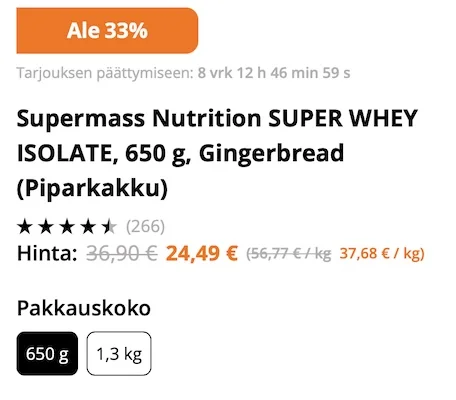- Liittynyt
- 7.5.2005
- Viestejä
- 1 224
Kuis täällä ei päivän Iltalehteä vielä ole:
Kuulostaa tehokkaalta pelotteelta. Sydäri tulee?! -> Paikkareihin
Ruhtinaalliset kaksi viikkoa ja heti alkoi sydän erektoitua? Milläs tämän jöpötyksen selittää? Entä mitä tarkoittaa se, että sydänlihas sai "vähemmän energiaa"?Matalahiilihydraattinen ja runsasrasvainen ruokavalio saattaa altistaa sydänkohtaukselle.
Tuoreen yliopistotutkimuksen mukaan muodikas laihdutusdieetti, jossa ruuan hiilihydraattipitoisuus on laskettu äärimmilleen ja kehon energiatankkaus painottuu rasvoihin, ei ole välttämättä terveellinen. Tällainen erikoisruokavalio heikentää merkittävästi sydänlihaksen energian saantia.
Sydämen teho ja kyky kestää rasitusta heikkenevät. Terveellä ihmisellä sydänkohtauksen vaaraa ei dieetistä kuitenkaan synny. Esimerkiksi diabetestä sairastavilla tai sairaalloisen ylipainoisilla henkilöillä tilanne voi kuitenkin olla toinen - puhumattakaan potilaista, joilla on jo entuudestaan sydäntauti.
Asiasta raportoi englantilaisen Oxfordin yliopiston professori Kieran Clarke BBC:lle eilen.
Clarke johti tutkimusta, jossa 19 tervettä vapaaehtoista koehenkilöä nautti rasvapitoista, mutta hyvin hiilihydraatitonta ravintoa kahden viikon ajan. Koehenkilöiden terveydentilaa seurattiin myös kaksi viikkoa normaaliin sekaruokavalioon paluun jälkeen.
Clarken mukaan koehenkilöiden sydänlihaksen saama energia väheni erikoisdieetin aikana keskimäärin 16 prosenttia. Joillakin muutos oli vähäinen, toisilla sydämen energian saanti pieneni kolmanneksella.
Edelleen koehenkilöiden sydänten havaittiin "jäykistyneen". Sydänlihaksen palautuminen rasituksessa heikkeni.
Yksi koehenkilöistä kertoi, ettei voinut juosta dieetin aikana päivittäistä kuntolenkkiään.
Kaksi viikkoa normaaliruokavalioon paluun jälkeen kaikkien koehenkilöiden sydänarvot olivat palanneet alkuperäisiksi. Professori Clarke varoittaa vetämästä omasta tutkimuksestaan liian pitkälle meneviä johtopäätöksiä.
- Kuitenkin tämä tutkimus oli varsin suppea ja lyhytaikainen. Ihmisen keho on hämmästyttävän mukautumiskykyinen. Me emme tiedä, palaisivatko sydämet normaalitilaan, jos dieettiä olisi jatkettu pitkään.
http://www.iltalehti.fi/osastot/hyvaolo/200511173740454_hy.shtml
Kuulostaa tehokkaalta pelotteelta. Sydäri tulee?! -> Paikkareihin




